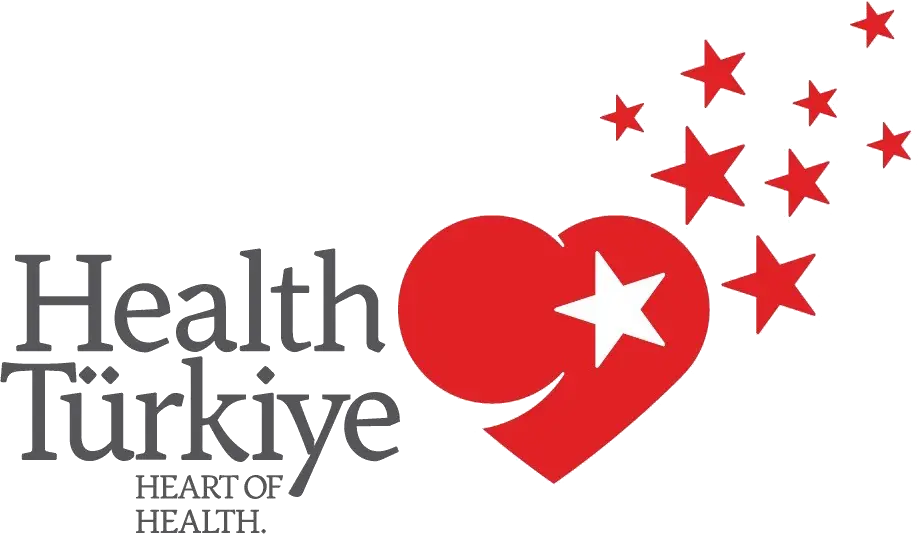Why Are Iron and Vitamin Supplements Important During Pregnancy?
Pregnancy is a unique period when a woman’s body undergoes profound physical and hormonal changes. During this time, both the mother and the developing baby have increased nutritional needs, making balanced nutrition and appropriate supplementation essential.Among all nutrients, iron, folic acid, vitamin D, vitamin B12, calcium, and omega-3 (DHA) are the most commonly recommended supplements to ensure a healthy pregnancy and fetal development.
At Op. Dr. Yeliz Akçelik’s clinic, personalized supplement programs are designed according to each mother’s specific needs, helping to ensure a healthy, comfortable, and well-supported pregnancy.
Iron Supplementation in Pregnancy: Why Is It Essential?
During pregnancy, the body’s need for iron increases significantly due to:
The expansion of the mother’s blood volume, and
The baby’s developing blood and oxygen transport system.
Because dietary iron alone is often insufficient, many expectant mothers may experience iron deficiency anemia.
Common symptoms of iron deficiency:
Fatigue and weakness
Palpitations
Pale skin
Dizziness or lightheadedness
Shortness of breath
Supplemental iron not only helps prevent these symptoms but also reduces the risks of low birth weight, preterm delivery, and growth retardation in the baby.In most cases, doctors recommend starting iron supplements between the 12th and 16th weeks of pregnancy.
Most Commonly Recommended Vitamins During Pregnancy
1. Folic Acid
Ideally started before conception and continued through the first trimester.
Crucial for the baby’s brain and spinal cord development.
Significantly reduces the risk of neural tube defects.
2. Vitamin D
Essential for bone health and immune function.
Deficiency is common among pregnant women and can lead to muscle pain and weakened immunity.
3. Vitamin B12
Important for nerve health and DNA synthesis.
Deficiency is more common in vegetarian or vegan mothers.
4. Calcium
Vital for the baby’s bone and tooth formation.
Supports the mother’s own bone strength and prevents calcium depletion.
5. Omega-3 (DHA)
Plays a key role in brain and eye development.
Many prenatal multivitamins already include DHA.
When and How Should Supplements Be Taken?
Supplementation should always be guided by a gynecologist or obstetrician.Each woman’s needs differ, and excess or unnecessary intake may cause side effects.For example, taking too much iron can lead to nausea or constipation.
Therefore, individualized supplementation plans, based on medical evaluation and blood tests, provide the safest and most effective approach during pregnancy.
Nutrition Supported by Supplements for a Healthy Pregnancy
Vitamins and minerals are not substitutes for a healthy diet — they complement it.A well-balanced daily diet that includes fresh fruits, vegetables, whole grains, lean proteins, and healthy fats helps strengthen the mother’s immune system and supports optimal fetal growth.
However, some nutrients — such as iron, folic acid, and vitamin D — may not be sufficiently obtained through diet alone.In such cases, your doctor will prescribe the appropriate supplements to fill the gaps safely.
Frequently Asked Questions
1. Is iron supplementation necessary during pregnancy?Yes. Due to the increased iron demand, most pregnant women benefit from iron supplements.
2. When should folic acid be started?At least one month before conception and continued throughout the first three months of pregnancy.
3. Should vitamins be taken throughout the entire pregnancy?Some should be continued for the full term (e.g., iron, calcium, DHA), while others are used only during specific trimesters.
4. How is vitamin D deficiency diagnosed?Through a blood test. If levels are low, your doctor will adjust your dosage.
5. Are all pregnant women prescribed the same supplements?No. Dosages and combinations depend on individual needs and test results.
6. Can iron supplements cause nausea?They can in some women. Switching to a different formulation often helps.
7. What does omega-3 provide for the baby?Supports brain, nervous system, and eye development.
8. Can a healthy diet replace supplements?Not entirely. Some nutrients — especially folic acid, iron, and vitamin D — usually require additional supplementation.
9. Do prenatal vitamins cause weight gain?No. When taken in appropriate doses, they do not increase weight.
10. What if I forget to take my supplements?Occasional missed doses are not critical. Simply continue as advised — and consult your doctor if you frequently forget.

